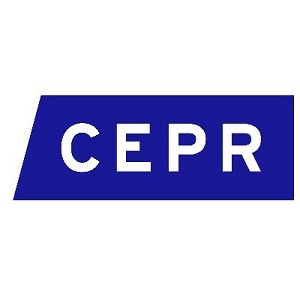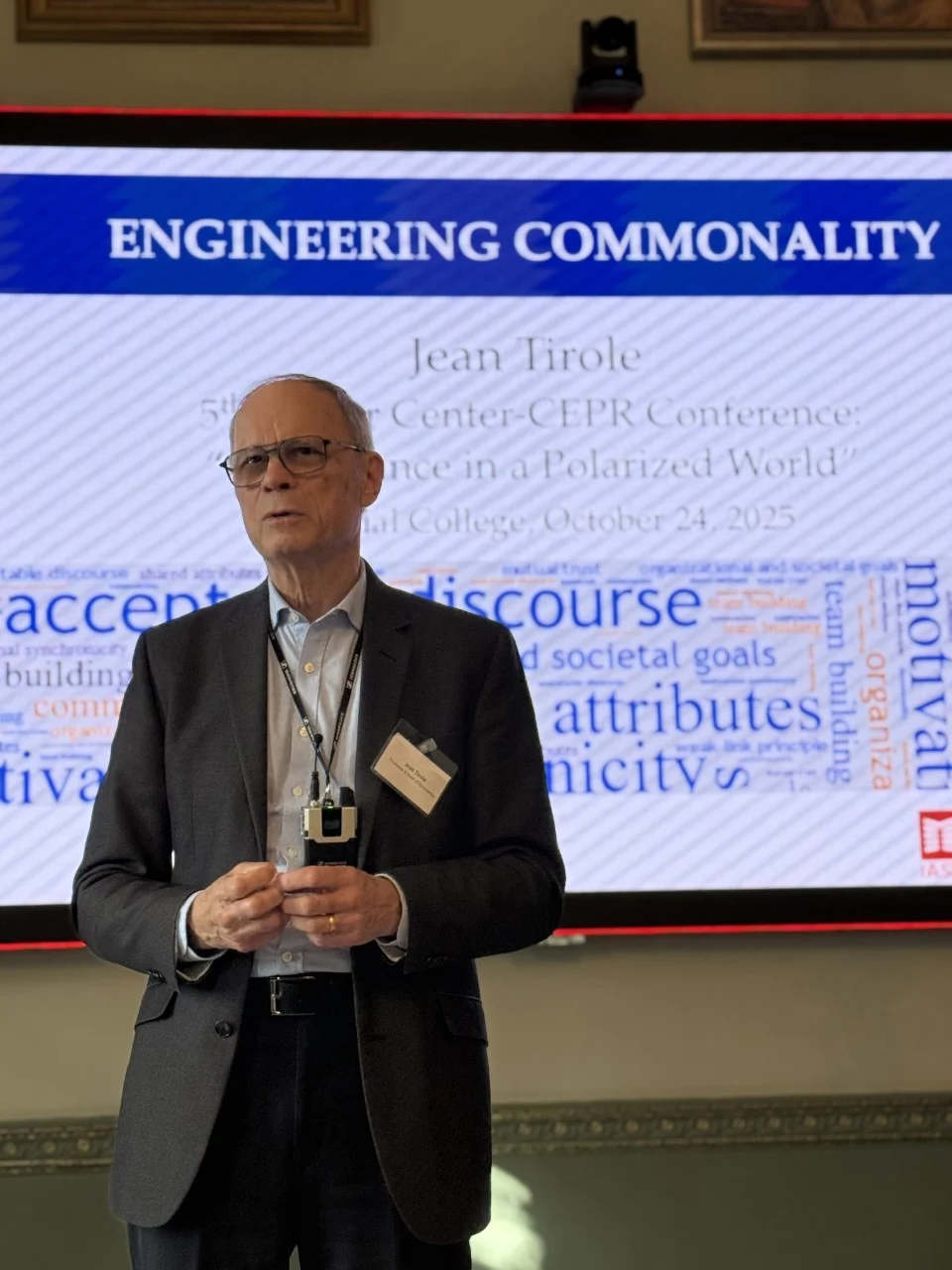About PolEconFin
PolEconFin is a platform for researchers active in political economy of finance. This initiative seeks to provide a meeting point for theorists and empiricists with shared interests and build a research community with a focus on public policy.
PolEconFin comprises of two related projects:
1. The online platform to support and promote research in political economy of finance
2. The Stigler Center-CEPR Conference Series to stimulate in-person interaction between researchers
Interested in the initiative?
Behind this initiative








PolEconFin comprises of two related projects:
1. The online platform to support and promote research in political economy of finance
2. The CEPR Conference Series to stimulate in-person interaction between researchers
















